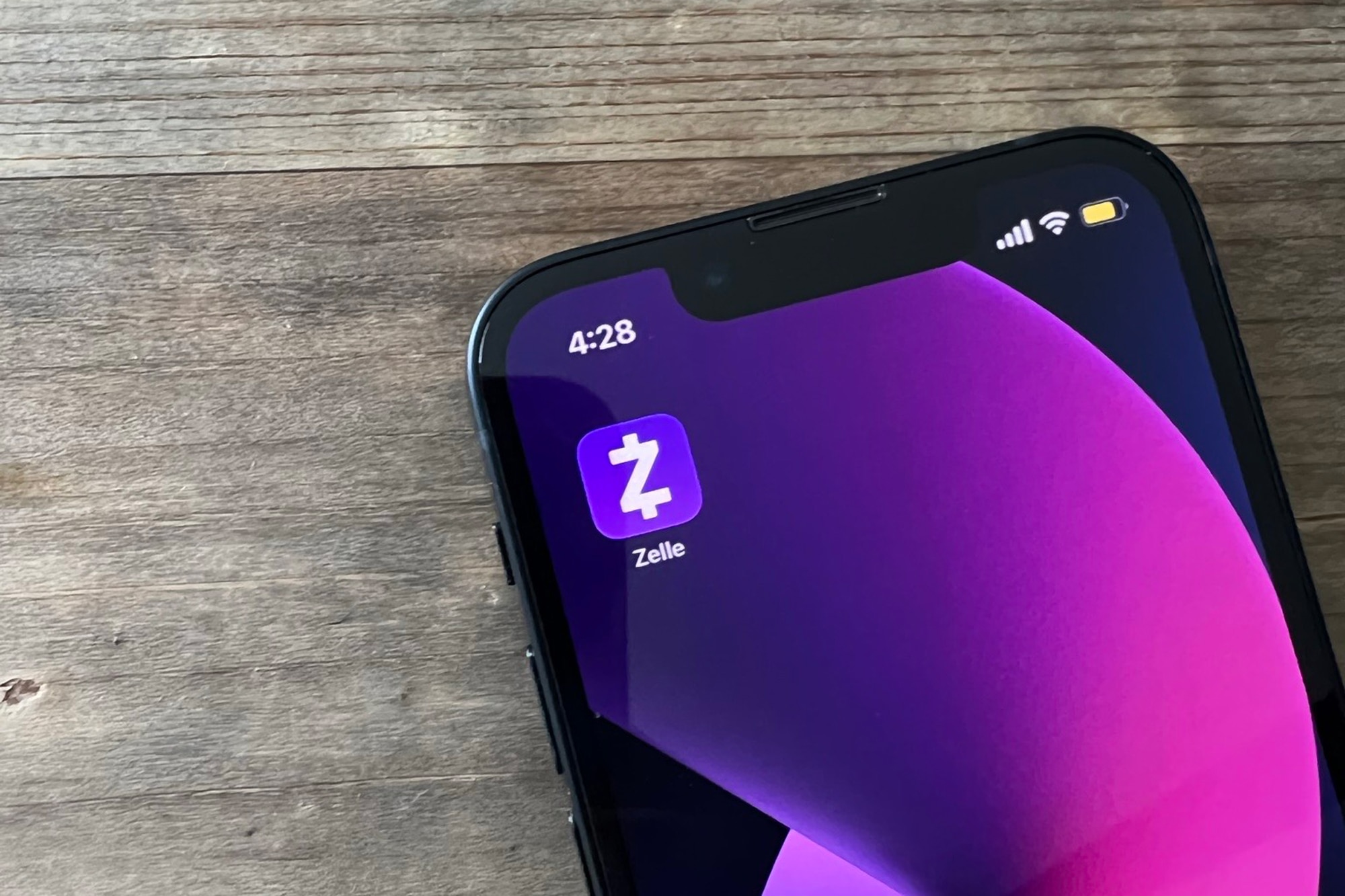Should You Use Zelle to Buy a Used Car?
Digital payment platforms are everywhere, but are they safe to use for a used car purchase?
 Belema Iyo | Capital One
Belema Iyo | Capital One
Even before COVID-19, the days of paying for goods and services with cash, check, or even plastic credit cards seemed to be numbered. The pandemic—and the sudden need to avoid human contact—merely hastened the shift toward digital payment platforms like Zelle.
The World Bank estimates that, at least partly as a result of the pandemic, two-thirds of adults worldwide have now made or accepted a digital payment. Consumers are using e-payments for all kinds of transactions—from picking up take-out to hailing a ride to repaying a friend for dinner.
So, what about buying a used car? An e-payment might seem like a logical option but things get a little more complicated when it’s the car buyer who’s considering a digital payment.
Here’s what you need to know.
What is Zelle?
Zelle is a peer-to-peer, or P2P, payment platform that hundreds of banks offer. It works by letting you send money from your connected bank account to another person’s bank account. You must have a U.S. bank account to use the platform.
Like most P2P payment platforms, Zelle recommends that you send money only to people you know, and there are limits on how much money you can send at one time. If your bank doesn’t offer Zelle, your weekly limit is $500. For banks that offer Zelle, spending limits vary based on your individual bank’s rules. Your financial institution may have additional rules limiting the use.
There are plenty of reasons you might want to use a digital payment via Zelle or another platform to buy a used car, especially as the pandemic continues to wax and wane. For starters, you might want to avoid the potentially risky close personal contact required to exchange cash or a check. Or you might simply be wary of carrying around a large sum of cash.
In that context, a digital payment to cover the cost of a used car might seem to make sense. Unfortunately, it’s not quite so simple, and such a transaction could pose serious financial risks for the buyer.
Is it Safe to Use Zelle to Buy a Used Car?
Some car dealerships offer to pay individuals for vehicle trade-ins using Zelle or other P2P platforms, which could theoretically be safe, since dealerships must abide by certain rules and regulations to handle such transactions. Even so, there are tremendous caveats.
Not only does Zelle limit the amount of money that can be transferred within a set time period, but there are strict rules that must be followed and use must comply with Zelle's terms of service. Zelle does state that business or commercial use of its service to send or receive money is prohibited, so dealerships offering this service may be in violation of Zelle’s fine print. Only certain small businesses are permitted to use the platform. Additionally, the business's bank account must permit the use of Zelle as well.
When it comes to a used car private sale, things get even more dicey. Digital payment platforms are directly linked to your bank account (Zelle), credit card, or debit card, occur within minutes and once your money is transferred, you typically can’t get it back. Zelle advertises itself as a convenient way to pay friends and family—and the party who is selling you a used car may not fall under either of those categories.
Why You Should Think Carefully Before Using a Digital Payment Platform
Considering all the hurdles, it may be difficult to use a digital payment for a used car even if you want to.
Realistically, few private sellers or even dealerships will want to deal with the hassle of those payment limits set by your bank and the digital payment processor would likely make most car purchases impossible. It is key to ensure that no party is violating the terms of use set by Zelle.
Plus, there’s a good reason these P2P platforms urge users to send money only to people they know: sending money directly to someone you don’t know could put you at risk of being scammed.
Given all of this, it may come as no surprise that no dealers or dealership groups currently accept payment for used cars via digital platforms. It’s conceivable that dealerships might eventually accept digital payments for used cars, especially if commercial use of the platforms is no longer prohibited. For now, though, the old-fashioned ways of doing business will just have to do: a wire or cash transfer handled at a bank.
Written by humans.
Edited by humans.
 Abigail Bassett
Abigail BassettAbigail Bassett is an award-winning freelance journalist based in Los Angeles. There, she covers everything from automotive and business to travel and luxury. She has a passion for 1980s-era Volvo wagons, microcars, and dogs. She is also a World Car Juror.
Related articles
View more related articles